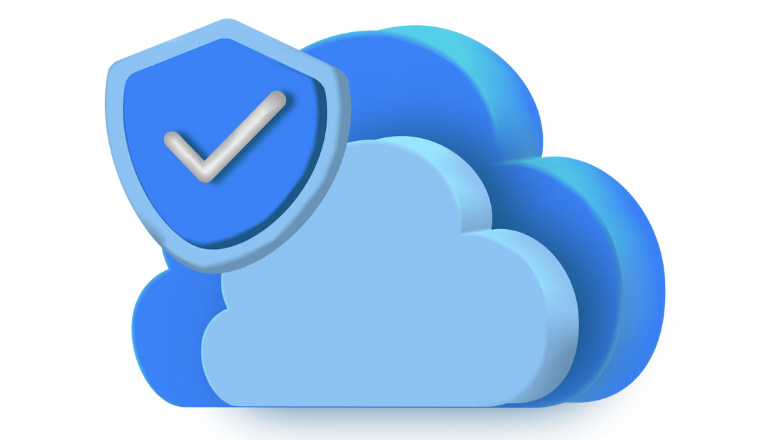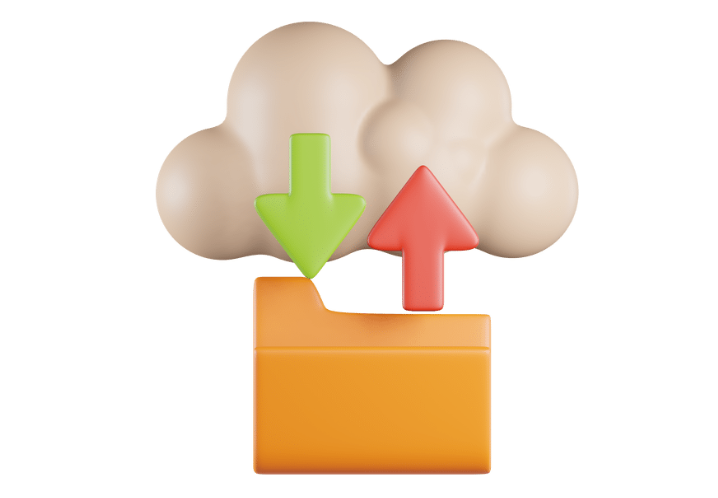There are a wide range of advantages of cloud applications over web applications. Nowadays, many businesses which are getting digital prefer integrating cloud based support for their website or application.
Cloud based applications are a revolution in the field of application development. It completely changes the way we used to interact with our applications. In this article, let us know more about the various advantages of cloud applications.
What are Cloud Applications?
Cloud applications or Software as a Service (SaaS) solution which is hosted and run on remote cloud servers. They need not be installed on local computers or servers. Users can access this application from anywhere in the world.

All they need is a working stable internet connection and a cloud service provider. Check some of the best advantages of cloud applications in this article below.
Advantages of Cloud Applications Key Takeaways
- Cloud based applications are Software as a Service (SaaS) program.
- Cloud applications can be remotely accessed from anywhere, anytime and on any device.
- Amazon web service, Microsoft Azure, Google Cloud, IBM are some of the best cloud service providers.
Significance of Cloud Computing
Cloud Computing revolutionised the way we used to store information, access applications along with advanced security features. Now everything is available remotely within our reach. We no longer need to cry over limited storage space or download heavy files locally on our computers.

Cloud computing offers unlimited storage and pay per use based model where we only pay for the service we use. This helps to save a great deal of resources and helps in reducing overall cost.
Also, check, Best Benefits of Cloud Computing
Advantages of Cloud Applications

Cloud applications are integrated with third party cloud service providers which provide various functionalities and advantages of cloud applications.
1. Saves Money and Resource
The biggest advantage of cloud applications are lower upfront costs as cloud applications work on a subscription or pay as you go model. It saves a lot of time and resources such as hardware, software and IT infrastructure. There is no need to manage, or upgrade as it is handled by the cloud service provider.
2. Highly Scalable
Cloud based applications are scalable based on the needs of the business. You can easily scale various resources on a cloud application such as storage, computing power, applications. You can increase or decrease computing resources based on the changing workloads.
Cloud computing offers two types of scalability i,e. Vertical and Horizontal scaling.
Also, check best benefits of cloud hosting
3. Accessibility
Cloud applications can easily be accessed remotely via the internet anytime and from anywhere. Most cloud applications support cross platform hence can be used easily on any device i,e. Smartphones, computers, laptops, tablets.
It provides a greater accessibility and enhanced user experience on the application. The data stored is distributed to multiple data centers which increases accessibility and faster response.
4. Automatic Updates
Cloud applications can handle updates on their own and users do not have to manually update it regularly on their own. Cloud computing applications are automatically upgraded to the latest version to ensure users get access to the latest features without any manual intervention.
Also, check, Best Cloud Computing Courses in 2024
5. Data Security & Backup
Cloud computing applications offer enhanced security features with advanced encryption, protocols and ensure compliance to protect sensitive data of users on the platform.
Cloud solutions offer automatic backup where all data present on the application are auto synced and data is regularly backed up. This is one of the best advantages of cloud applications as it protects the data during any uncertain events. Users can access their data from various devices, all they need is their login credentials.
6. Real time collaboration
Cloud applications can easily collaborate with multiple applications such as Google Workspace, Microsoft 365 and other platforms to allow teams to work on projects or tasks simultaneously. With cloud applications data is centralised and can easily be accessed, shared and collaborated with multiple people at a time.
7. Disaster Recovery
Cloud offers advanced disaster recovery solutions which ensures that businesses or individuals can recover their data lost due to an unforeseen event or disaster such as hardware failure, cyber attacks, natural disasters, etc. Data once stored on cloud can easily be restored from any device.
8. Sustainable
Cloud applications offer a sustainable solution than other IT infrastructures still being used in the industry. It reduces the carbon footprint as compared to using individual data centres and hardware applications at every place.
Challenges of using Cloud Applications

Apart from various advantages of cloud applications on the platform there are still many challenges which prevent the full usability of the cloud based applications.
1. Lack of Knowledge
Many businesses which use traditional methods of storage, deployment and resources are not aware of the benefits of cloud based applications. Some of the businesses which are making the transition to digital platforms do not prefer clouds due to the lack of information.
Also, check types of Cloud services on Cloud Computing
2. Security and Privacy
All the data and information available on the internet can expose organisations to security risks in case of any vulnerability. This might lead to loss of data integrity and manipulation of information in illegal ways. It is important to be aware that your cloud service provider follows regulations such as GDPR, HIPAA, PCI-DSS, etc.
3. Vendor Lock In
When businesses want to transfer their data and applications from one cloud service provider to another then this might be costly and tedious.
4. Cost Management
Managing cost is still a major challenge for cloud based solutions. There are way too many unpredictable expenses which might be hard to track and manage. Also, pricing models are complex.
5. Latency issues
Bandwidth limitations make cloud applications experience latency which pose difficulty for users to access applications during peak time or at a distant geographical location. Performance of application can also fluctuate based on the constraint provided in the subscription model provided by the cloud service provider.
Learn DevOps and Cloud Computing with PW Skills
If you want to master cloud computing or DevOps enrol in PW Skills DevOps and Cloud Computing Course and master quick deployment, cloud computing, advanced tools and frameworks. Master DevOps tools such as Denkins, Kuberenetes, Jenkin, Ansible, AWS Docker, and much more. Work on real world projects based on Cloud computing and DevOps.
The course is suitable for anyone having no prior knowledge of technical terms related to cloud. Start learning from scratch under the supervision of experienced mentors. Prepare for interviews and discover a wide range of opportunities in this field.
Advantages of Cloud Applications FAQs
Q1. What are cloud applications?
Ans: Cloud applications are applications having cloud based services which provides storage services, applications and other IT infrastructures directly from the cloud service provider.
Q2. What is one of the best advantages of cloud applications?
Ans: Cloud computing saves resources as there is no requirement of hardware or other physical infrastructures. The cloud applications are based on a pay as you go model which are cost effective solutions.
Q3. What are the advantages of cloud applications?
Ans: There are many advantages of cloud applications and some of them are mentioned below.
Scalable
Cost effective
Higher accessibility
Advanced Data Security
Real time collaboration
Disaster recovery solutions
Sustainable
Automatic updates
Remotely accessible
Q4. Are cloud based applications safe?
Ans: Cloud based applications are safe and secure using advanced encryption and algorithms. It provides user verification, encryption, and more to ensure data integrity and keep sensitive information safe from unauthorised access.

